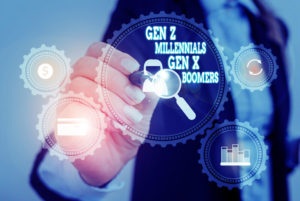As summer comes to an end, I hope you find yourself renewed and more relaxed. And that you’ve made some great memories with family and friends. The time between Labor Day and the end of year holidays can be a very busy and intense time in healthcare systems. I recall a VP colleague from my Brigham and Women’s Hospital days who would say after Labor Day – tell your family that they won’t see you much until the holidays as new initiatives would start ramping up at an intense pace.
can be a very busy and intense time in healthcare systems. I recall a VP colleague from my Brigham and Women’s Hospital days who would say after Labor Day – tell your family that they won’t see you much until the holidays as new initiatives would start ramping up at an intense pace.
Whether you are consistently busy at work or dealing with peaks and valleys throughout the year, it’s important to keep trying to achieve that elusive life-work balance. I’ve written several posts in the past that might be worth revisiting:
Renewal, big rocks, and the elusive work life balance
Managing priorities and maintaining balance
Note – As part of my life-work balance, I am taking a short break from writing new posts over the next month. With all the blog posts I’ve written over the past 8 years, I’m using this break to share some of my “classics”. Thank you for being a subscriber – I hope you will encourage your colleagues to subscribe in the coming year.


